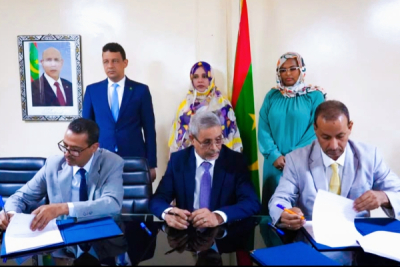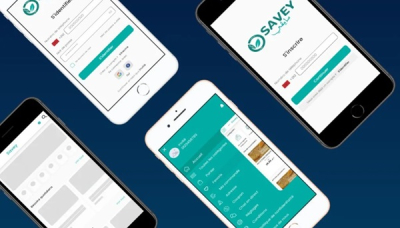- The platform will provide ongoing professional development for primary school teachers, accessible for free through all ISPs.
- The initiative includes setting up 63 computer labs, each with a server, to ensure platform access even without a direct internet connection.
- Trainers and technicians will be trained to manage and develop platform content, supporting the long-term sustainability of the initiative.
The Mauritanian government is set to launch a digital platform for the ongoing professional development of primary school teachers. A cooperation agreement to establish the platform was signed on Monday between the Ministry of Digital Transformation and Administrative Modernization and the Ministry of Education and Educational System Reform.
The digital platform will be offered free of charge to all teachers and accessible through all internet service providers in Mauritania. Plans also include the creation of 63 computer labs, one in each department. Each lab will be equipped with a server to provide platform access without requiring a direct internet connection.
"The agreement also encompasses a training program for trainers and technicians from the education ministry to enable them to manage the platform and develop its content, thereby ensuring its sustainability and effectiveness," the Ministry of Digital Transformation stated.
The implementation of this platform is part of the Mauritanian government's broader efforts to digitize the national education system. Earlier this year, education sector stakeholders began developing a roadmap for the digital transformation of the sector. Authorities are also working on a novel system to digitize diplomas, aiming to modernize their issuance and enhance their verification.
The Mauritanian government's focus on strengthening teachers' skills through the digital platform is intended to improve teaching quality and student outcomes. However, stakeholders have not yet announced a timeline for the platform's design or deployment. Furthermore, the issue of effective teacher adoption remains to be addressed. Beyond the planned computer labs, the system's success will also depend on individual teachers' access to digital devices like smartphones or computers.
By Isaac K. Kassouwi,
Editing by Sèna D. B. de Sodji



















